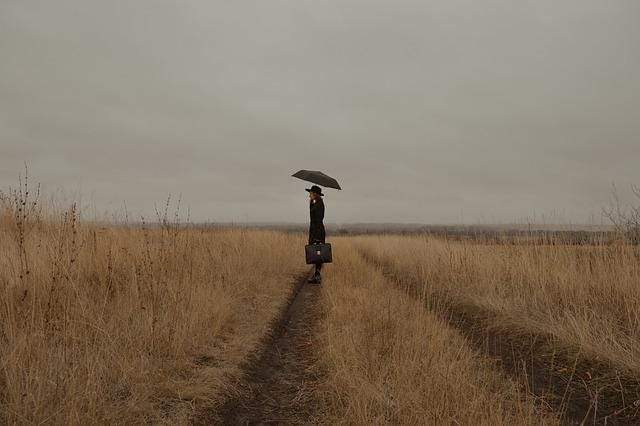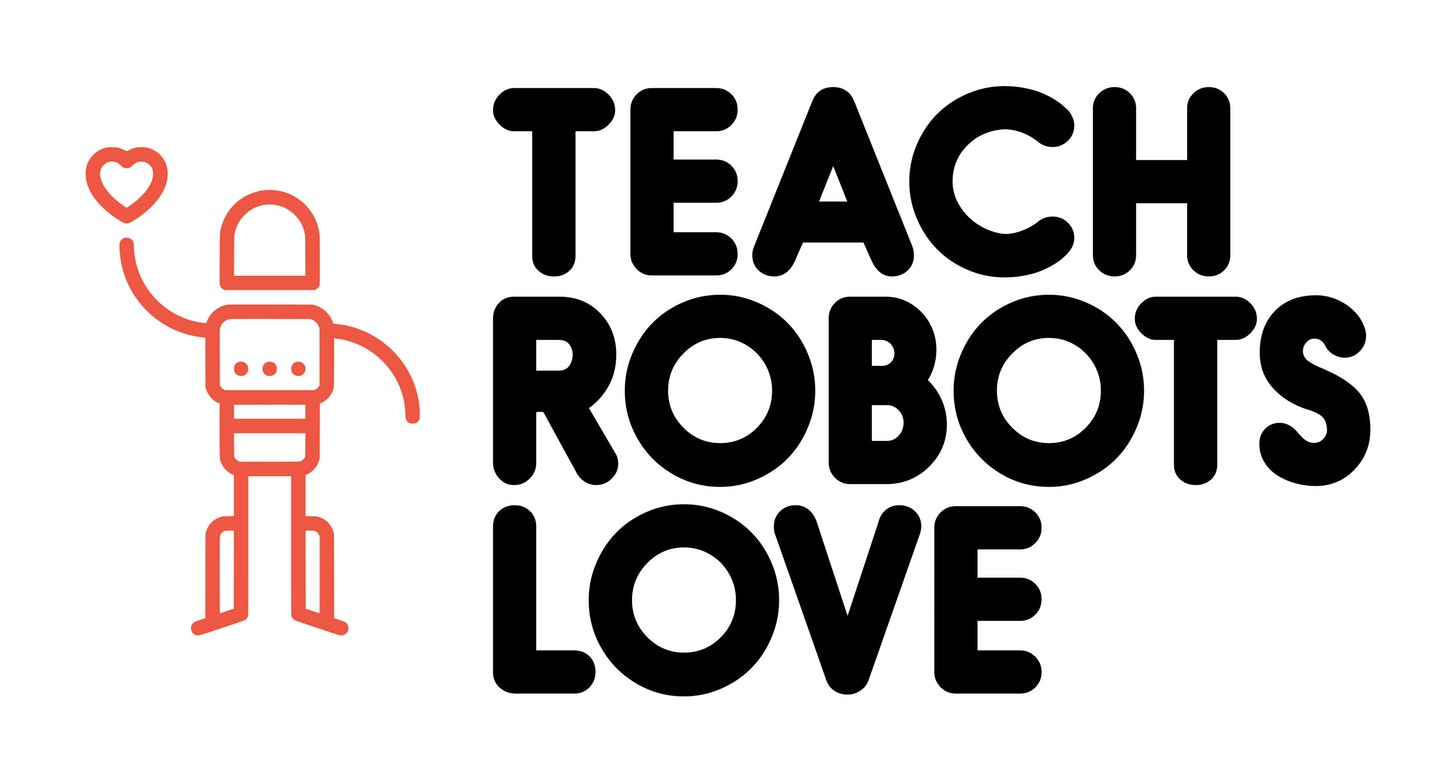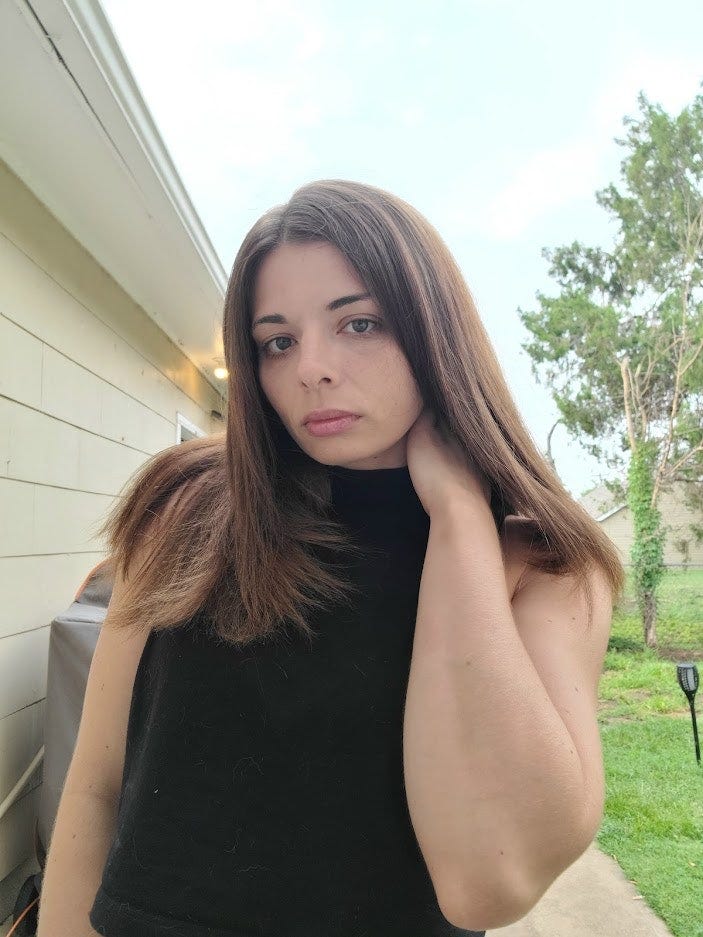The Aesthetics of Sadness
I answer reader's questions
This week I’m answering a few questions from Twitter. If people like this format, I might end up doing it regularly.
When is it okay to fall out of love?
Falling in and out of love is a question of physics. When you love something it’s because you appreciate its existence and want it to thrive and replicate. Love doesn’t “fade”, it’s stopped by an opposing force, whether it be inside or outside of yourself. One of the biggest ways to let love slip away is to have it be eroded with bitterness and resentment. Sometimes this happens for a good reason. Sometimes it happens because you’ve architected yourself into someone who needs to fall out of love to feel safe.
And sometimes what feels like love is just loneliness, or neediness, or feelings of inadequacy in yourself. It’s not real love. It’s a facsimile. Love that makes you appreciate and want the other person to do well. Fake love is just opening a hole inside of yourself and trying to shove the other person inside, but they never quite fit. They never quite fit because you aren’t looking at them, really looking at them, and seeing how you should change not them, but yourself.
How do you think your creative process is going to change once you have your baby? And are you scared that you will struggle to create?
I have been seriously wanting a baby since I was 28 years and my greatest fear was always that I would lose my desire or ability to write. But I felt that something was missing inside of me, and eventually my desire to have a family superseded my fear about any hypotheticals about my writing ability.
I knew that I was never going to feel whole if I didn’t experience being a mother. That meant I was never going to feel whole as a writer. Having a child means I’ll have less free time and oftentimes I will have to take care of my daughter and put myself aside, but the free time doesn’t matter to me if it feels vacuous and empty, and I’m a lesser person than I could have been.
I am in my early 30s but I’ve seen a distinct difference between people who choose to remain unattached and childless, and those who decide to start a family. There’s a huge maturity gap. Before birth control we didn’t really have much of a choice over whether we’d be parents or not. You were forced to mature. It makes sense many people are choosing not to have kids, because we’re always looking for ways to escape responsibility.
That being said - writing has been a part of my identity since I was 6 and I don’t see that changing. I am not sure how my writing will change, although I know it will. I’m known for writing dark, sad, and terrible stories. I was never a true nihilist but I do find myself finding sadness and pain less and less appealing. I used to find it comforting. I thought the pain made me more enlightened. When I imagine my daughter going through trauma, anorexia, alcoholism, and depression - it loses most of its appeal.
Sadness often becomes an aesthetic choice because people feel imprisoned by their sadness. They don’t believe sadness is the correct choice, but they’re trying to use a post-hoc rationalization to justify their own feelings of helplessness.
In the balance between simplicity and chaos, do we embrace the elegant balance of entropy as it carries us towards eradication, or do we fight to simplify our world to manifest a facsimile of control over the hydra of advancement?
I don’t know how to solve the problem that we are not evolutionarily equipped to deal with the huge amount of information that we’re assaulted with on a daily basis. Even the people I’m aware of and communicate with has been artificially inflated because of technology. So I simultaneously know too many people, and don’t have the kind of deep, long relationships that come from knowing the same small set of people for your entire life.
Even if we were augmented with some kind of cybernetic hardware to take in more data - the amount of data will just continue to expand outside of our reach and capacity.
Reducing the data flow probably won’t work, because once humans have invented something they hate to give it up. In the pursuit of progress we’re never going to be quite sure of the long reaching consequences. I think the only solution is to keep moving forward, even though our mistakes are often bloody, until we’re forced to pick up the pieces and course correct because of disaster.
Why does so much horror seem to become bloody/gorey allegory?
The horror genre is an exploration of our feelings of fear when faced with a world that we don’t completely understand. It is a pinhole look into the utter madness beyond human perception and often evokes the feelings of smallness and helplessness that we feel in our day to day life. We don’t really control a whole lot of what happens to us. At any moment we could get ill, get into a car accident, or have someone we love die.
When horror becomes allegory or has a moral message, it’s just part of a longstanding tradition of human beings trying to understand the universe and wrest some sort of understanding and control of it out of the chaos. We are story machines and we are built to create meaning out of endless amounts of data. That’s why the slut always seems to die first and the virgin lives. That’s why the tormented ghost is usually someone who committed a grave sin. We need to understand why that bad thing happened to them. We need to understand because without that understanding, we’re lost and we don’t know what to do.
This isn’t always a bad thing. Our actions do have consequences, and we do have some control over the outcomes. “The Boy Who Cried Wolf,” is a horror story of sorts, about the consequences of lying repeatedly. In “The Shining,” the hauntings are really a consequence of a family who refuses to face their examined issues.
What's something you see happening that makes you hopeful for the future, like in general?
It’s easy to believe that life is misery when you see authoritarian crackdowns, people making enemies out of friends because the television told them to, everyone’s getting cancer, gas is nearly $7, and your bones hurt when you wake up.
But then I see a little reminder that the only reason I’m seeing hell everywhere is because my eyes are oriented toward hell. It could be anything. A cardinal in the backyard. My dog wagging their tails when they see me. A child laughing. A nice email from a reader. When I squeeze your hand and you squeeze back. When I roll over in the middle of the night because I’m scared you stopped breathing but you’re still there, and you’re safe. I remember it’s that spirit of life, that movement towards growth, that has pulled us out of the deep ocean and the primordial jungles. The spirit that eradicated slavery and ritual murder and the right of kings. The spark that first flared when the universe came into existence is still exploding inside of us.
When I see something horrible happening in politics or in world news I’m often reminded of a Philip K. Dick quote, “This, to me, is the ultimately heroic trait of ordinary people; they say no to the tyrant and they calmly take the consequences of this resistance.”
It’s that spirit that gives me hope. That spirit resides within everything. Not just optimism and beauty, but the ability of even the weakest person to look at something terrible happening and refusing to participate. The human ability to say “No.”
Have you been enjoying the newsletter? Consider subscribing below to support the continual survival of this newsletter and all my bad habits. You can also buy my books on Amazon or the CLASH website.




